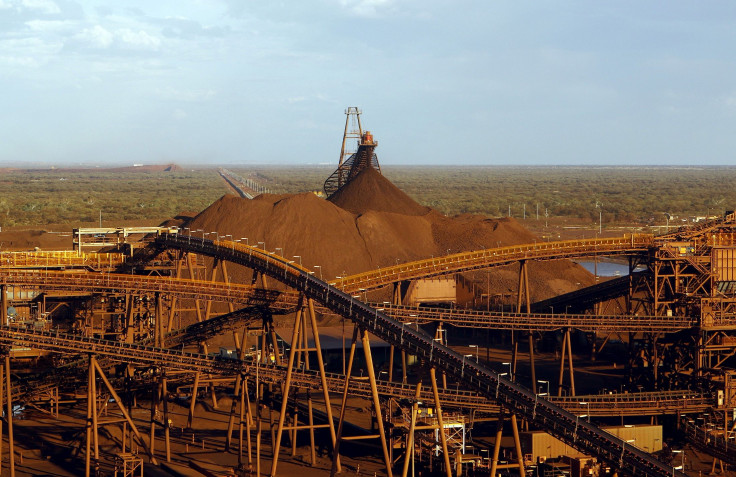Iron ore prices steady amid reports of Chinese investigations into speculative trading

Iron ore futures returned to a steady trend as markets did next to nothing. This comes amid reports that Chinese regulators were looking to probe into speculative or "non-conforming" trading activity in the nation’s commodity futures market.
“The iron ore market returned to relative stability today following a prolonged period of volatility,” according to analysts at Metal Bulletin. The same trend is expected to remain on Thursday. Overnight, little happened concerning Chinese futures.
As reported by Bloomberg, the National Development Reform Commission (NDRC) is looking into whether speculation has distorted commodity futures markets. This has further led to inflation in consumer price. Earlier this month, futures brokers were questioned as part of the investigation.
“China’s spot rebar prices retreated on Tuesday after surging a day earlier, as the futures market nosedived,” Metal Bulletin analysts said, as reported by Bloomberg. “An investigation by Chinese authorities on institutional investors to determine if they engaged in speculative or ‘non-conforming’ investment behaviour weighed heavily on the futures market, resulting in all of the rebar contract’s gains on Monday being wiped clean, and then some.”
According to pricing from Metal Bulletin, benchmark concerning the spot price 62 percent fines went down by merely one cent to $91.26 a tonne. With regards to lower grade ores, the price for 58 percent fines suffered a downslide of five cents, settling at $64.75 a tonne. Meanwhile, rebar, iron ore, coke and coking coal contributed more than 0.9 percent for the session.
The rally seen for iron ore in early 2017 could largely be attributed to China’s crackdown on steel production in addition to the demand from the country’s infrastructure development programs. However, the infrastructure spending programs will likely wind down in the second half of the year. The demand for iron ore will possibly be affected if China cuts down steel production.
According to Reuters, steel producers in four provinces – Hebei, Shanxi, Shandong, Henan – and Beijing and Tianjin have been called on by the government to halve their output. The move comes for winter heating months, around late November to late February, to improve air quality.






